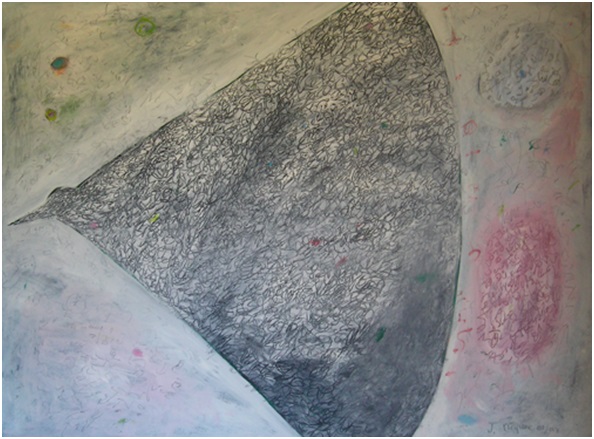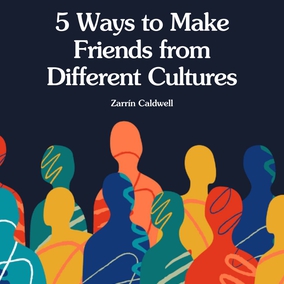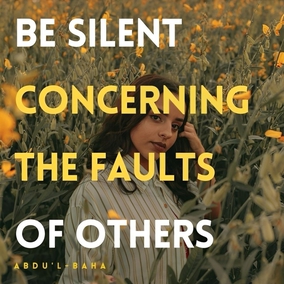The views expressed in our content reflect individual perspectives and do not represent the authoritative views of the Baha'i Faith.
“O FRIEND! In the garden of thy heart plant naught but the rose of love, and from the nightingale of affection and desire loosen not thy hold. Treasure the companionship of the righteous and eschew all fellowship with the ungodly.” – Baha’u’llah, The Hidden Words, p. 23.
This poetic, beautiful quotation from the Baha’i Writings inspires my heart and guides my actions. It comes from a collection of “gem-like utterances” called The Hidden Words, a series of short, mystical writings revealed by Baha’u’llah in 1858.
This Hidden Word opens so warmly, with Baha’u’llah calling us His “friend.” What grace! Then He uses the verdant, growth-oriented metaphor of the garden to remind us that religion and spirituality are based on love, which evokes for me the compassion of The Buddha, and the ever-present message of agapic love from The Christ.
The next metaphor continues with love, framing it as a thirst for the Beloved, by noting the poignant yearning of the nightingale’s song. The nightingale passionately desires to be united with its great love, the roses of the garden. In the original Persian the metaphor is more complex, as it literally states not to loosen your hold on the “hem” of the nightingale, thus bringing within it another metaphor – that of the servant of the Beloved, clinging to the hem of the garment of the Beloved. [* I think the gifted artist Robert Wilson was unconsciously aware of this untranslated metaphor when he painted his Nightingale painting. As you can see the nightingale does have a “hem”! You can follow Robert Wilson’s insightful musings on art at @rrwilsonart.]
In the next sentence we encounter the obvious psychological and spiritual truth — the importance of the company we keep. Think about how much we would all like to select our children’s friends! Being with spiritually beautiful people uplifts our hearts. We experience the emotion of elevation, and we want to serve others and be a good human being.
On the other hand, being with the “ungodly” can drag our spirit down. But, of course, the Baha’i teachings caution us about labeling anyone as ungodly, even in the unspoken words of our mind. This passage does not mean atheists. Atheists can be very spiritually advanced people. Many of us cling to a notion of God that we learned from our parents when we were preschoolers, and thus we grow up believing in a fanciful God, the ideation of a young child’s mind. Yet atheists have taken the developmental step of freeing themselves from an ignorant, childish notion of God. Many people who consider themselves atheists or agnostics have given more thought to God than some “religious” people do.
Actually, your heart knows a godly person instinctively. It’s simple: you become a better person around them; and around the ungodly, you find yourself forgetting God and behaving in an unseemly manner. The godly and ungodly, for us individually, are relative.
One last note on the translation: in the original Persian, the literal translation of “eschew all fellowship” is “hand and heart both take away.” That is, take your heart and your hand away from the presence of the ungodly. I love the wondrous beauty and the deep spiritual guidance of this Hidden Word.

















Comments
Sign in or create an account
Continue with Googleor